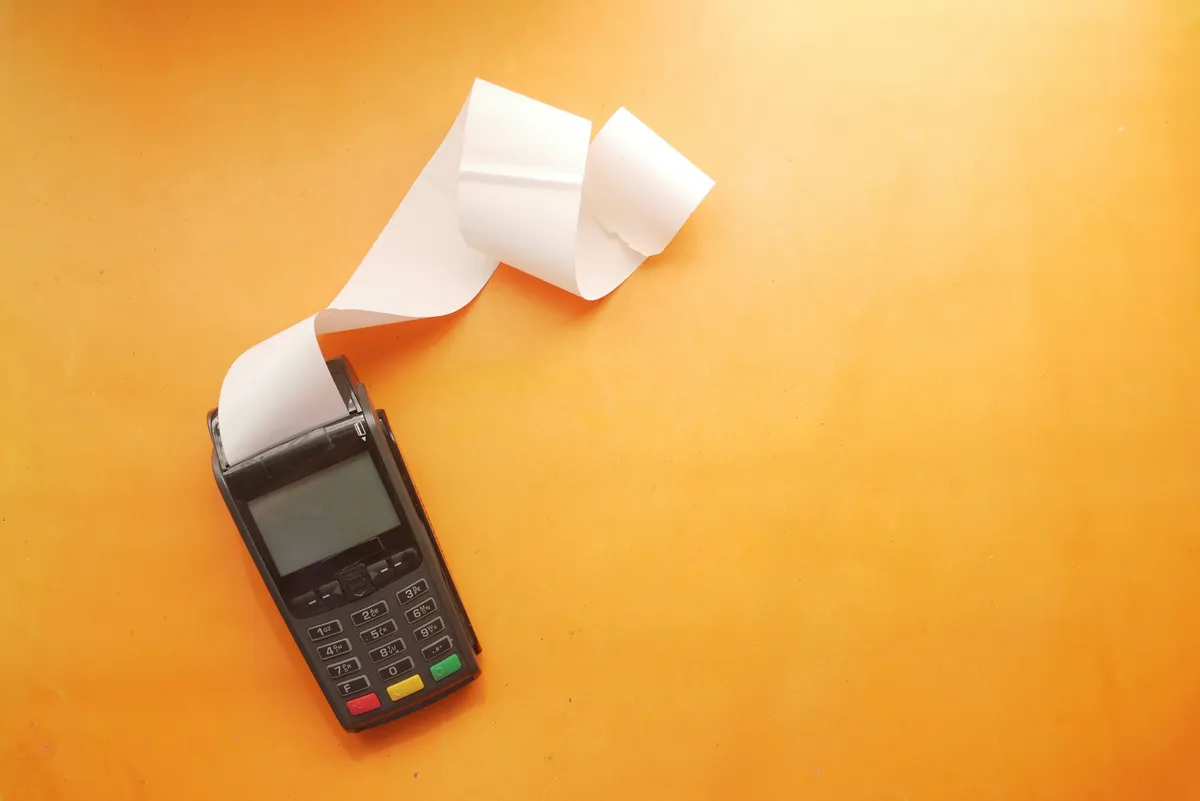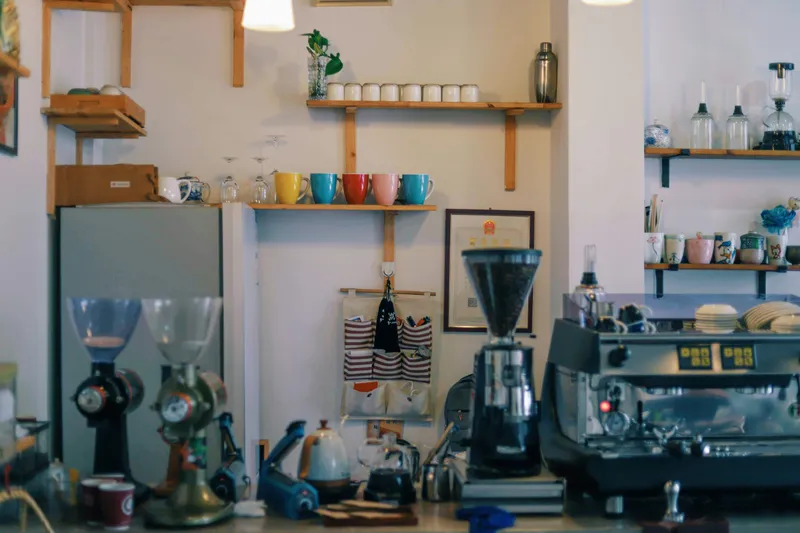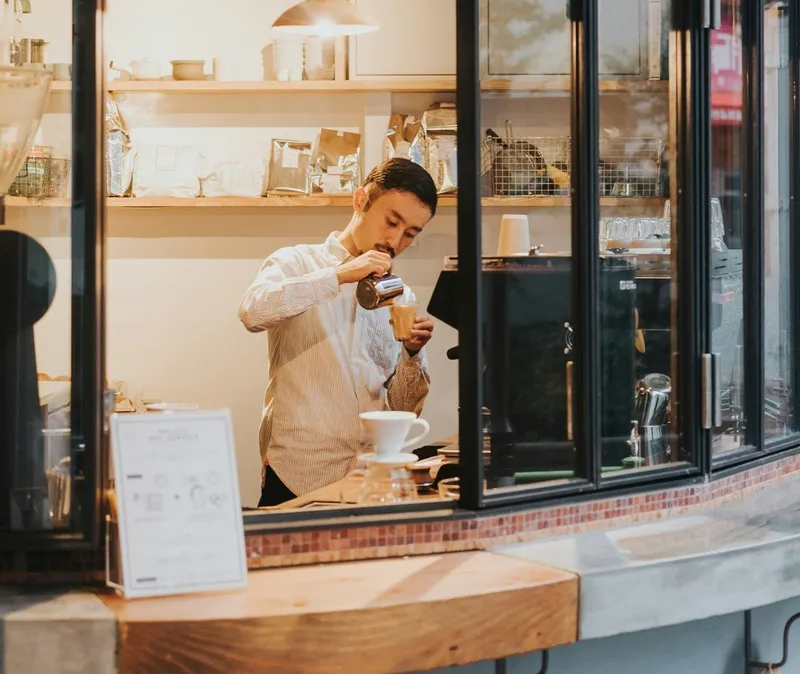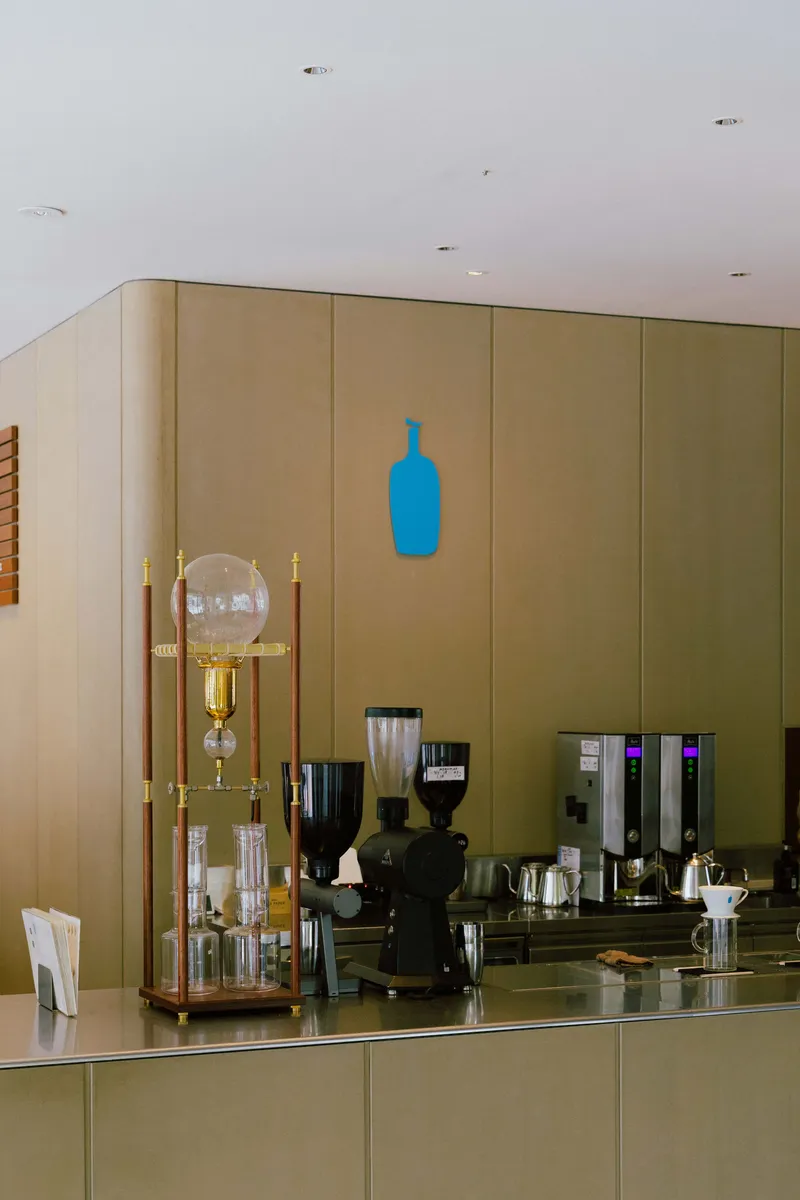Running a specialty coffee shop isn’t just about serving great coffee—it’s about balancing quality with profitability. While maintaining high standards is essential, hidden expenses can quietly drain your revenue if not managed properly.
If you’re looking for ways to reduce unnecessary expenses while keeping your coffee shop thriving, let’s break down the key areas where costs often spiral out of control—and, most importantly, how to fix them.
1. Smart Supply Management
Every coffee shop manager knows that ingredients like coffee beans, milk, syrups, and filters make up a significant portion of monthly expenses. But are these supplies being used efficiently?
- Reduce Waste: Over-pouring, spilling, or mismeasuring coffee grounds can add up over time. Ensure baristas follow precise measurements for each recipe to avoid unnecessary waste.
- Track Usage: Implement a system to monitor how quickly supplies are being used. This helps prevent over-ordering and ensures everything is used before expiration.
- Train Staff on Cost Awareness: While your baristas are skilled at crafting beautiful lattes, they may not realize the financial impact of wasted milk, coffee, or paper goods. A little education goes a long way in reducing waste.
2. Avoid Over-Ordering Inventory
Ordering too much stock might seem like a good way to prevent shortages, but it often leads to waste—especially with perishable items like coffee beans and dairy products.
- Use Data for Ordering: Instead of guessing, track sales trends to determine exactly how much you need.
- Implement FIFO (First In, First Out): Ensure older stock is used first to prevent expired products from being discarded.
- Monitor Demand Fluctuations: Adjust orders based on seasonal trends or customer traffic patterns to avoid surplus.
3. Prioritize Equipment Maintenance
A broken espresso machine or malfunctioning grinder can bring your coffee shop to a standstill—not to mention the high cost of emergency repairs. Preventative maintenance is key to avoiding unexpected breakdowns.
- Daily Cleaning: Ensure baristas properly clean espresso machines, steam wands, and grinders to prevent buildup that can cause damage.
- Routine Inspections: Set a schedule for checking equipment parts like gaskets, burrs, and water filters to identify wear before failure occurs.
- Invest in Preventative Servicing: Paying for regular maintenance is far cheaper than replacing an entire machine due to neglect.
4. Optimize Energy Efficiency
Electricity, water, and gas bills can be a major expense for coffee shops, but small changes can make a big difference.
- Switch to Energy-Efficient Equipment: Machines with eco-modes can help reduce power consumption.
- Turn Off Unused Devices: Train staff to shut off equipment during slow hours or after closing.
- Use Smart Water Practices: Avoid leaving taps running and check for leaks in dishwashers, sinks, or espresso machines.
5. Invest in Cost-Effective Solutions
Technology can help streamline operations and cut unnecessary expenses in the long run. Consider tools that assist with:
- Inventory Management: Digital tracking systems can prevent over-ordering and monitor supply usage.
- Task Scheduling: Software can help organize daily maintenance, ensuring no crucial task is forgotten.
- Remote Equipment Monitoring: Some platforms provide real-time diagnostics for coffee machines, allowing you to catch issues before they become expensive problems.
Save Time and Money with Brewspace
Reducing costs in your specialty coffee shop doesn’t mean cutting corners on quality. Instead, it’s about making smarter financial decisions that improve efficiency and sustainability.
With Brewspace, you can manage task scheduling, and team collaboration all in one place. Our platform is built for coffee shop managers who want to simplify operations, stay on top of maintenance, and avoid unnecessary expenses.
👉 Sign up for Brewspace today and take control of your coffee shop’s finances while keeping your focus on what matters most—serving incredible coffee!



